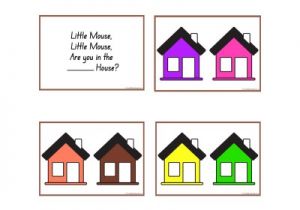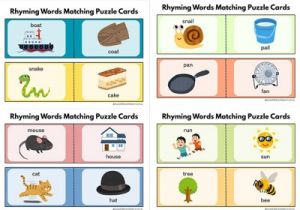

EYLF Outcomes In Action provides examples of how each learning outcome can be demonstrated within the learning environment. These are great to display to show how children and Educators are actively engaging in each learning outcome.
This is a guide for educators on what to observe under each sub-learning outcome from the EYLF Framework Version 2, when a child is engaged in play and learning. Educators can plan experiences for the curriculum and for individual learning and gain an understanding of how children can achieve each individual outcome.
This template is used by Educators for observations. This template links to the sub-outcomes of Learning Outcome 2 - Children Are Connected With And Contribute To Their World.
This template is used by Educators for observations. This template links to the sub-outcomes of Learning Outcome 1 - Children Have A Strong Sense Of Identity Version 2.0 (2023).
The following provides a list of cheat sheets and free printables based on EYLF Outcomes Version 2.0. These can be used as a reference point for Educators. They can also be used to refer to when documenting and planning.
The EYLF Reference Posters Version 2.0 have 3 different posters. 1 poster of the EYLF Learning Outcomes, 1 poster of the EYLF Principles and 1 Poster of the EYLF Practices. These are great for Educators to use to refer to.
The 8 Practices are supported by early childhood pedagogy's guiding principles. The following article provides details of each of the 8 Practices in the EYLF.
The following lists the sub-outcomes, examples of evidence when children achieve each sub-outcome and how educators can promote and help children to achieve EYLF Outcome 4 - Children Are Confident And Involved Learners V2.0.
The following lists the sub outcomes, examples of evidence when children can achieve each sub outcome and how educators can promote and help children to achieve EYLF Learning Outcome 1: Children Have A Strong Sense Of Identity
The Educators’ Guide to the Early Years Learning Framework recommends that educators use the cycle of planning to support children’s continual learning and introduce meaningful learning opportunities. The following article provides the steps in the planning cycle.

Little Mouse Colour House Posters enable children to learn and identify colours through this simple...
View Worksheet...
Rhyming Words Matching Puzzle Cards are a playful and engaging literacy resource designed to help...
View Worksheet...© 2009-2025 Aussie Childcare Network Pty Ltd. All Rights Reserved.

